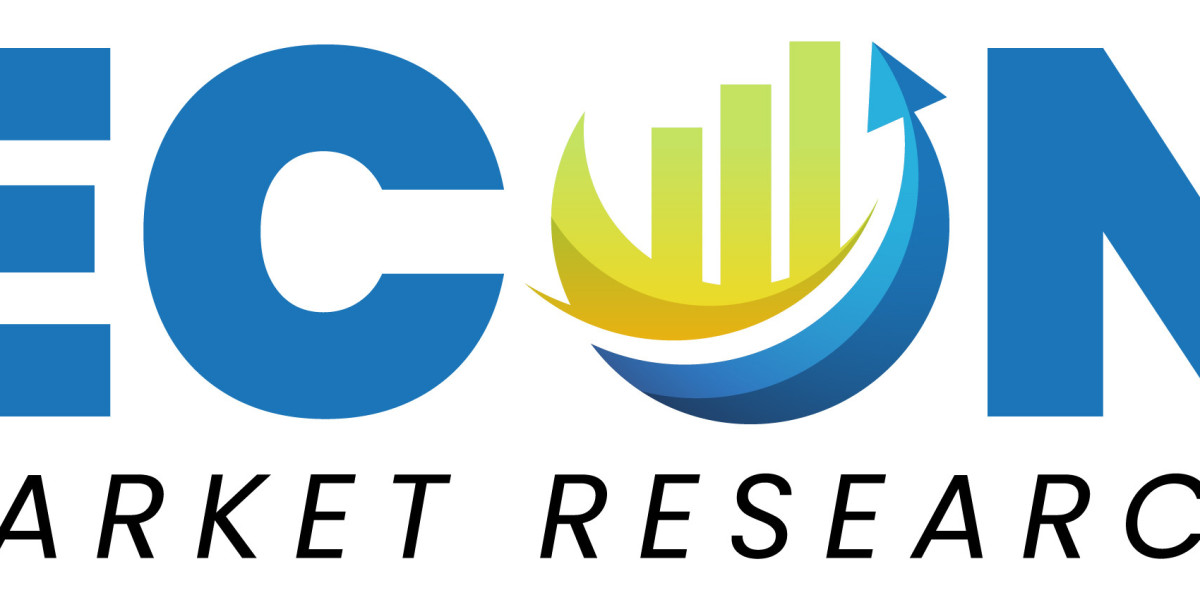At REA Services, we understand the critical role that effective accounting for property management plays in ensuring the financial health and success of property owners and managers. In this detailed guide, we delve into the nuances of property management accounting, providing essential insights and strategies to help you optimize your financial processes and achieve your business objectives seamlessly.
Understanding Property Management Accounting
Property management accounting involves the systematic recording, analysis, and reporting of financial transactions related to the management of properties. It encompasses a wide range of activities, from rent collection and vendor payments to budgeting and financial forecasting. By maintaining accurate accounting records, property managers can gain valuable insights into the financial performance of their portfolios and make informed decisions to enhance profitability.
Key Components of Property Management Accounting
1. Rent Roll Management
Central to property management accounting is the management of rent rolls. A rent roll is a comprehensive list of all rental properties, their tenants, and associated lease terms. Effective rent roll management involves:
Tenant Ledger Maintenance: Recording rent payments, late fees, and security deposits accurately.
Lease Administration: Ensuring lease agreements are documented and adhered to.
Vacancy Tracking: Monitoring vacancies and optimizing rental income.
2. Expense Tracking and Budgeting
Managing expenses is crucial for maintaining profitability in property management. Key aspects include:
Operating Expenses: Tracking day-to-day expenses such as maintenance, repairs, and utilities.
Capital Expenditures: Budgeting for long-term investments such as property improvements and renovations.
Financial Forecasting: Projecting future income and expenses to plan for financial stability.
3. Financial Reporting
Timely and accurate financial reporting provides property owners and stakeholders with transparency and accountability. Key reports include:
Income Statements: Summarizing revenue, expenses, and net income over a specific period.
Balance Sheets: Detailing assets, liabilities, and equity at a given point in time.
Cash Flow Statements: Analyzing cash inflows and outflows to assess liquidity.
Best Practices in Property Management Accounting
1. Utilization of Technology
Investing in property management software can streamline accounting processes, improve accuracy, and enhance efficiency. Features such as automated rent collection, expense tracking, and report generation simplify day-to-day operations.
2. Segregation of Duties
Establishing clear roles and responsibilities within your accounting team helps prevent errors and fraud. Segregating duties ensures that no single individual has control over all aspects of financial transactions, enhancing internal controls.
3. Regular Reconciliations
Performing regular bank reconciliations and audit trails ensures that accounting records align with actual financial transactions. This practice identifies discrepancies promptly, allowing for timely corrections and accurate reporting.
4. Adherence to Legal and Regulatory Standards
Staying compliant with local laws and regulations governing property management is essential. This includes adherence to lease agreements, tenant rights, tax obligations, and financial reporting requirements.
Strategic Financial Management for Property Managers
1. Optimizing Cash Flow
Effective cash flow management is critical for maintaining liquidity and covering operational expenses. Strategies include incentivizing early rent payments, minimizing vacancies, and negotiating favorable vendor contracts.
2. Long-term Financial Planning
Developing a comprehensive financial strategy aligns short-term objectives with long-term goals. This includes creating reserve funds for emergencies, planning for property expansions, and leveraging financial instruments for growth.
3. Risk Management
Identifying and mitigating financial risks protects property investments from potential losses. Strategies include insurance coverage, thorough tenant screening, and contingency planning for unforeseen circumstances.
Conclusion
In conclusion, mastering property management accounting is essential for optimizing profitability, ensuring compliance, and achieving sustainable growth. By implementing best practices and leveraging technology, property managers can streamline operations, enhance financial transparency, and make data-driven decisions that drive success. At REA Services, we are committed to empowering property managers with the knowledge and tools necessary to excel in today's competitive real estate market. Contact us today to learn how our tailored accounting solutions can benefit your business.







